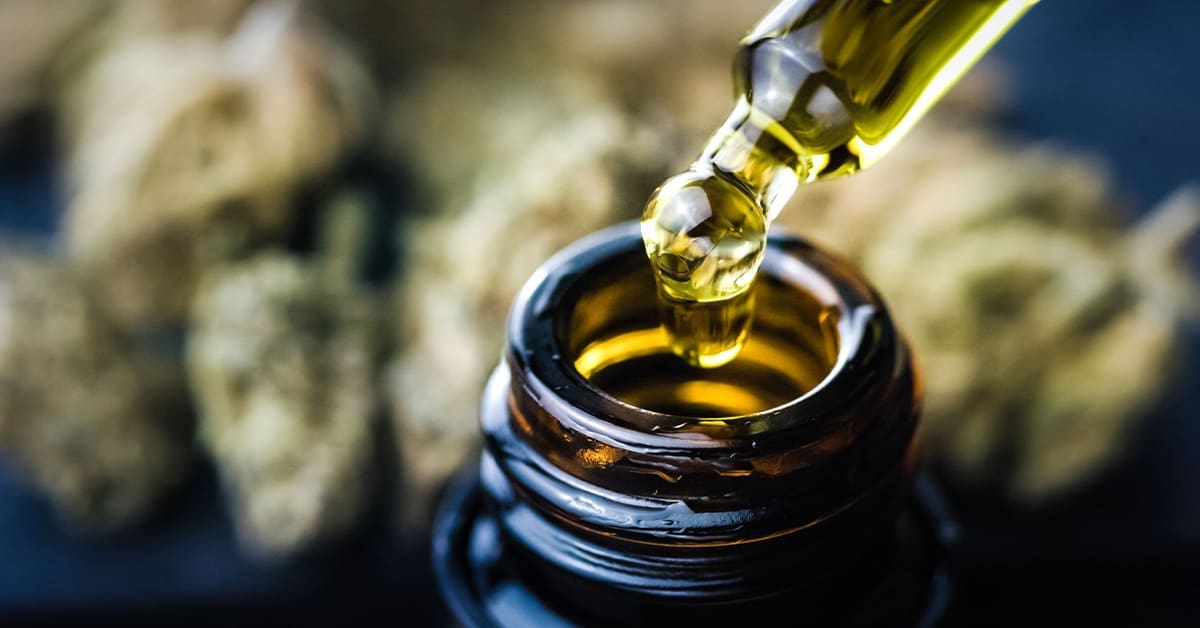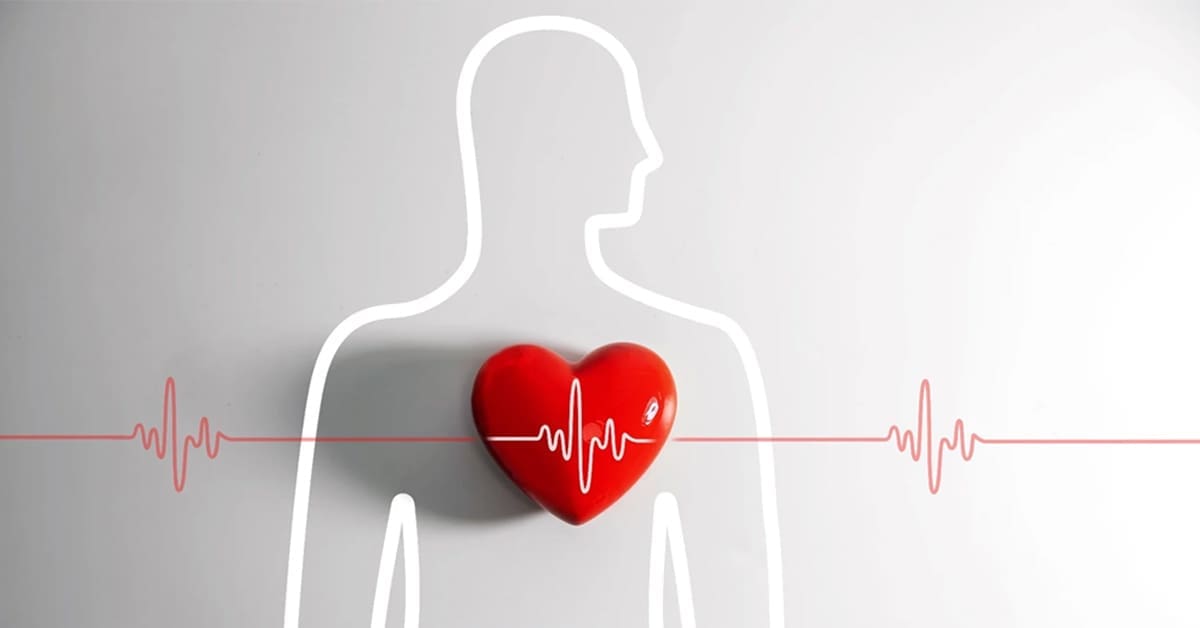Introduction
Welcome to our journey into the world of Tetrahydrocannabinol (THC). In this article, we’ll be examining how this compound could potentially help in addressing conditions like persistent pain, feelings of nausea, loss of appetite, sleep issues, muscle spasms, and stress/anxiety disorders. We’ll also take a look at the flip side of the coin – the associated risks and legal implications. Additionally, we’ll touch on how Cannabidiol (CBD), another cannabis compound, may help manage some of the side effects linked to THC.
Understanding THC and its Potential Benefits
Relief for Chronic Pain
- Neuropathic Pain:Have you heard of nerve damage causing chronic pain? Well, some studies suggest that THC can be helpful here. A study published in Anesthesiology demonstrated that THC could reduce the intensity of this type of pain. [1]
- Arthritis Relief:Suffering from arthritis? Whether it’s inflammatory or degenerative, THC’s anti-inflammatory properties could potentially alleviate your pain. As noted in a Rheumatology study, THC helped reduce pain and improve sleep for individuals with rheumatoid arthritis. [2]
- Cancer-related Pain:For those experiencing pain linked to cancer, THC may bring some relief. Research published in the Journal of Pain and Symptom Management reported that THC effectively decreased cancer-related pain for people battling advanced cancer. [3]
Managing Nausea and Vomiting
THC’s anti-nausea properties could help if you’re dealing with frequent nausea and vomiting. Earlier focus was mainly on synthetic THC, but now, studies suggest that naturally derived THC could also be effective. A study in the European Journal of Pharmacology demonstrated the anti-nausea effects of THC. [4]
Boosting Appetite
If you’re facing loss of appetite or dealing with an eating disorder or weight gain issues, THC might help. Research in Psychopharmacology showed that THC boosted caloric intake in healthy, as well as HIV-positive individuals. [5]
Improving Sleep
THC is known to have sedative effects, and research has suggested its potential benefits in managing sleep disorders. THC interacts with the body’s endocannabinoid system, which plays a role in maintaining circadian rhythms or the body’s internal sleep-wake cycle.
- Post-Traumatic Stress Disorder (PTSD):Nightmares and insomnia are common symptoms among individuals with PTSD. A study published in CNS Neuroscience & Therapeutics found that THC helped reduce nightmares in PTSD patients, which can in turn improve overall sleep quality. [6]
- Restless Legs Syndrome (RLS):This condition, which causes unpleasant or uncomfortable sensations in the legs and an irresistible urge to move them, can significantly disrupt sleep. A study published in the Journal of Clinical Sleep Medicine demonstrated that THC could improve RLS symptoms, leading to better sleep. [7]
Reducing Spasms
Muscle spasms can be a common symptom in various medical conditions, causing discomfort and affecting quality of life. THC has shown promise in reducing these spasms.
- Multiple Sclerosis (MS):Muscular spasms in MS can be debilitating. A study in the Journal of Neurology, Neurosurgery & Psychiatry reported that THC treatment reduced muscle spasticity in MS patients. [8]
- Parkinson’s Disease:For certain patients, the primary challenges that prompt them to seek treatment are the tremors and rigidity associated with this condition. A pilot study published in Clinical Neuropharmacology, suggests that THC may alleviate symptoms such as tremors and rigidity in Parkinson’s disease, which can cause spasms. In this small study, patients reported improvement in motor and non-motor symptoms following treatment with a THC/CBD compound. [12]
- Spinal Cord Injury:Individuals with spinal cord injuries often experience muscle spasms as a complication. Preliminary research, such as a study published in the Journal of Neurology, suggests that THC may help reduce these spasms in spinal cord injury patients. [13]
Anxiety and Mood
The relationship between THC and anxiety and mood are complex and can depend on various factors, including the dose of THC and the individual’s susceptibility.
Low to moderate doses of THC may have anxiolytic and mood-enhancing effects, according to a study published in the Journal of Psychopharmacology [11]. However, higher doses of THC or certain individual factors may increase anxiety and worsen mood in some people. More research is needed to fully understand these effects.
Risks and Legal Aspects
Risks to Consider
THC use can have potential risks, including cognitive impairment, respiratory effects, cardiovascular effects, and the risk of developing Cannabis Use Disorder. It’s crucial to use THC responsibly and in consultation with healthcare professionals.
At CannaPlus+, we offer tailored treatment programs to ensure that patients use medicinal cannabis safely and effectively, minimising potential risks and optimising benefits.
Legal Aspects
In New Zealand, THC falls under the Misuse of Drugs Act 1975, making it a controlled substance. This brings about certain restrictions on its use, particularly when it comes to driving and operating machinery.
- Driving: THC has been known to impair motor skills and cognition, affecting a person’s ability to safely operate vehicles. The Land Transport Act 1998 makes it illegal to drive under the influence of drugs in New Zealand. The Police may stop drivers for random saliva testing to check for the presence of THC. A positive drug test or refusal to undergo testing can result in penalties, including fines, imprisonment, or driver’s license disqualification.
- Working: Certain industries, especially those involving heavy machinery or safety-critical roles, may require routine or random drug testing. Employees testing positive for THC could face consequences including job loss. It’s crucial to check the drug policy of your workplace and abide by the rules.
At CannaPlus+, we can provide guidance to patients and work with employers to understand the intricacies surrounding medicinal cannabis use and drug testing policies, helping to foster a safe and compliant environment.
Managing Side Effects
Side effects of THC can vary among individuals and might include dry mouth, red eyes, increased heart rate, anxiety, and cognitive impairment. Here are some techniques to manage them:
- Hydrate: Drinking plenty of water can help manage dry mouth.
- Rest: If you experience dizziness or a rapid heart rate, resting in a calm, quiet environment can be beneficial.
- Lower the Dose: If side effects are severe, consider lowering your dose or spacing out your usage.
- Try different consumption methods: If vaporising cannabis results in respiratory irritation, consider alternative methods like oils
CBD, another compound found in cannabis, might help manage some THC side effects. Evidence suggests that:
- Anxiety: CBD has demonstrated potential as an anxiolytic agent, reducing anxiety that some people experience when using THC. A study published in the Journal of Psychopharmacology found that CBD could alleviate THC-induced anxiety. [9]
- Cognitive impairment: CBD might mitigate some of the cognitive impairment caused by THC. According to a study in the Journal of Psychiatric Research, CBD might attenuate the memory impairment effects of THC. [10]
- Psychoactive effects: CBD has been shown to counteract the psychoactive effects of THC, potentially making the experience more tolerable for new users or those who react negatively to THC’s psychoactive effects. A study published in the Journal of Psychopharmacology showed that CBD could reduce the anxiety and impairments in cognitive performance induced by THC, helping to modulate the psychoactive impact. [10]
It’s important to note that everyone’s reaction to THC and CBD can be different. You should always consult with a healthcare professional before making changes to your usage or trying new substances.
Conclusion
Tetrahydrocannabinol (THC) might offer therapeutic benefits for several health issues, including chronic pain, nausea, appetite loss, sleep disorders, spasms, and mood/anxiety. But it’s also important to consider the potential risks and legal aspects. The role of Cannabidiol (CBD) in managing THC-related side effects is also worth exploring. Always remember to consult with healthcare professionals for personalised advice and guidance based on your unique situation.
Disclaimer: This article is for informational purposes only and should not be considered medical advice. Consult with a healthcare professional for personalised guidance and advice regarding caffeine, THC, or any other substances.
References:
- Wallace MS, et al. Dose-dependent effects of smoked cannabis on capsaicin-induced pain and hyperalgesia in healthy volunteers. Anesthesiology. 2007 Oct;107(4):785-96.
- Blake DR, et al. Preliminary assessment of the efficacy, tolerability, and safety of a cannabis-based medicine (Sativex) in the treatment of pain caused by rheumatoid arthritis. Rheumatology (Oxford). 2006 Jan;45(1):50-2.
- Portenoy RK, et al. Nabiximols for opioid-treated cancer patients with poorly-controlled chronic pain: a randomized, placebo-controlled, graded-dose trial. J Pain Symptom Manage. 2012 Feb;43(3):526-35.
- Rock EM, et al. Cannabidiol, a non-euphoriant phytocannabinoid, suppresses nausea and vomiting within a limited dose range. Eur J Pharmacol. 2012 Jul 5;697(1-3):155-64.
- Haney M, et al. Dronabinol and marijuana in HIV-positive marijuana smokers. Caloric intake, mood, and sleep. J Acquir Immune Defic Syndr. 2007 Aug 15;45(5):545-54.
- Fraser GA. The use of a synthetic cannabinoid in the management of treatment-resistant nightmares in posttraumatic stress disorder (PTSD). CNS Neurosci Ther. 2009;15(1):84-8.
- Paul M, et al. Effects of Cannabinoids on Sleep and their Therapeutic Potential for Sleep Disorders. Neurotherpeutics. 2021 Feb 12; 18:217-227.
- Zajicek JP, et al. Cannabinoids for treatment of spasticity and other symptoms related to multiple sclerosis (CAMS study): multicentre randomised placebo-controlled trial. Lancet. 2003 Nov 8;362(9395):1517-26.
- Blessing EM, et al. Cannabidiol as a Potential Treatment for Anxiety Disorders. Neurotherapeutics. 2015 Oct;12(4):825-36.
- Englund A, et al. Cannabidiol inhibits THC-elicited paranoid symptoms and hippocampal-dependent memory impairment. Journal of Psychopharmacology. 2013 Jan;27(1):19-27.
- Childs E, et al. Dose-related effects of delta-9-THC on emotional responses to acute psychosocial stress. Drug and Alcohol Dependence. 2017;177:136-144.
- Lotan I, et al. Cannabis (Medical Marijuana) Treatment for Motor and Non-Motor Symptoms of Parkinson Disease: An Open-Label Observational Study. Clinical Neuropharmacology. 2014;37(2):41-44.
- Hagenbach U, et al. The treatment of spasticity with Delta9-tetrahydrocannabinol in persons with spinal cord injury. Spinal Cord. 2006;45:551-562








